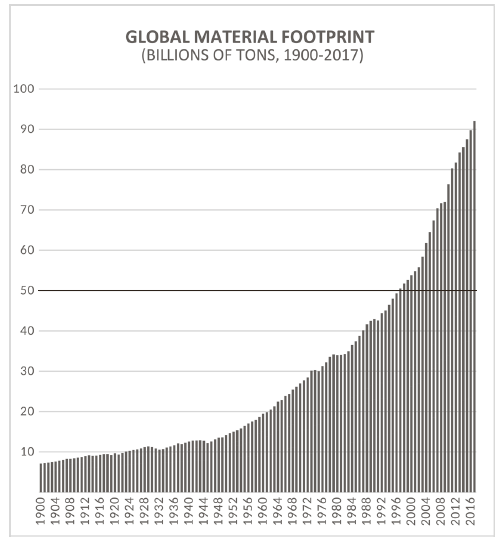
The People's Agreement of Cochabamba is the single most powerful, holistic statement on climate that I am aware of. Read it, assign it to your students, send it to your politicians, and make sure it's on the table at any citizens assembly: pwccc.wordpress.com/2010/04/24/peo…
"Humanity confronts a great dilemma: to continue on the path of capitalism, depredation, and death, or to choose the path of harmony with nature and respect for life."
"It is imperative that we forge a new system that restores harmony with nature and among human beings. And in order for there to be balance with nature, there must first be equity among human beings."
"We demand that developed countries: Restore to developing countries the atmospheric space that is occupied by their greenhouse gas emissions. This implies the decolonization of the atmosphere through the reduction and absorption of their emissions."
"We demand that developed countries: Assume responsibility for the hundreds of millions of people that will be forced to migrate due to the climate change caused by these countries, offering migrants a decent life with full human rights guarantees in their countries."
"The financial crisis has demonstrated that the market is incapable of regulating the financial system. Therefore, it would be totally irresponsible to leave in their hands the care and protection of human existence and of our Mother Earth."
"Rich countries must adapt their modes of life and consumption in the face of this global emergency."
But the best parts of the text by far are to be found in the Working Group statements, which you can read here: pwccc.wordpress.com/category/worki…
From WG2: "The model of capitalist development is a threat to life because it prioritizes consumerism and the generation of profits over common well-being and the satisfaction of basic needs, denying the interconnection that exists between human life and nature."
From WG8: "We demand to the countries that have over-consumed the atmosphere to acknowledge their responsibilities, and to honor their climate debts to developing countries, to vulnerable communities in their own countries, & to all living beings in our shared home–Mother Earth."
• • •
Missing some Tweet in this thread? You can try to
force a refresh



